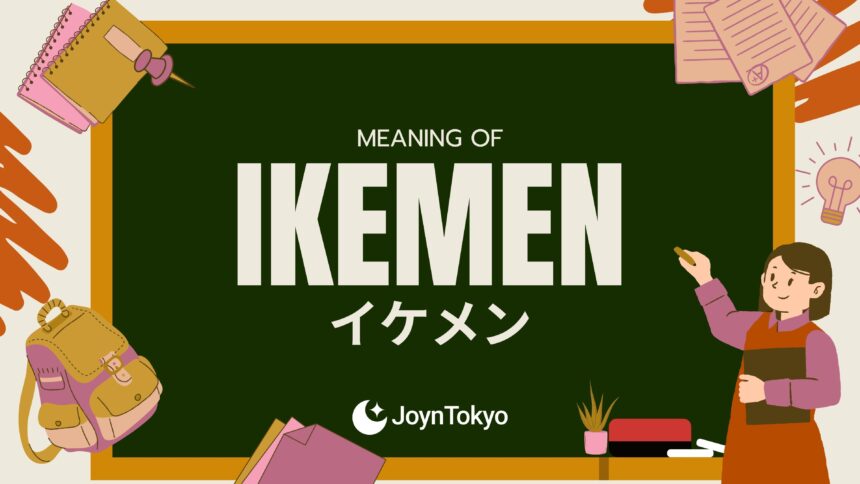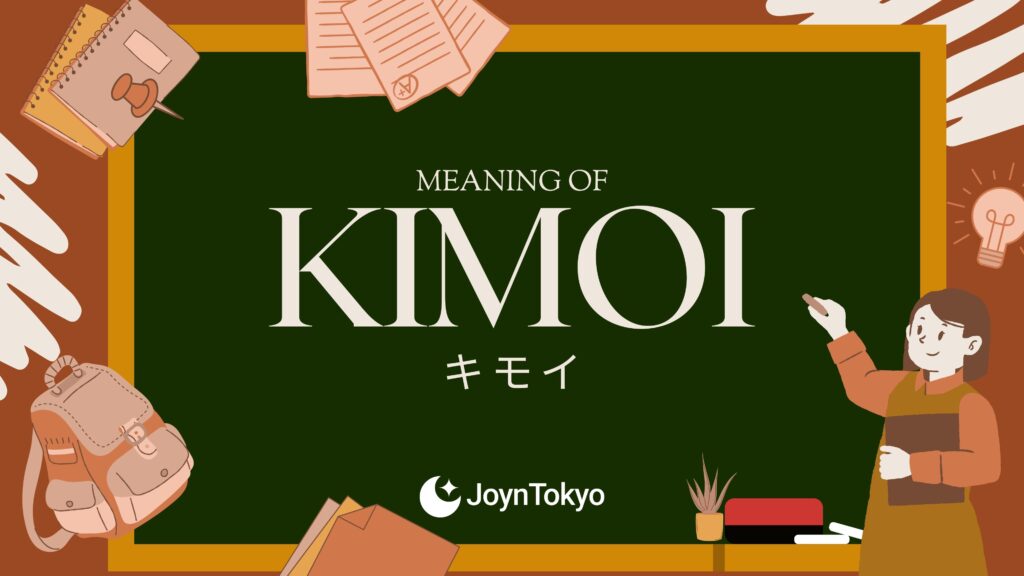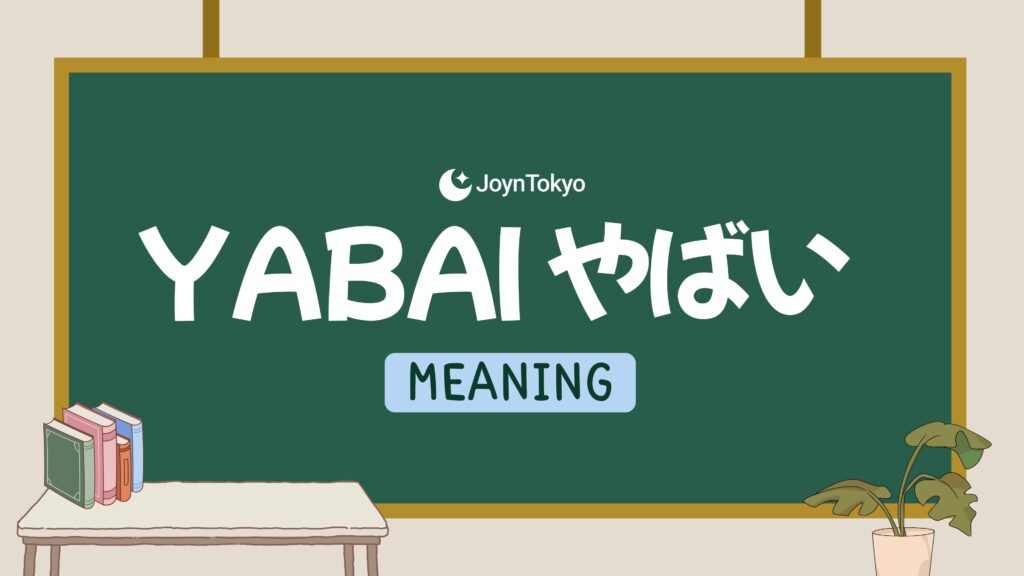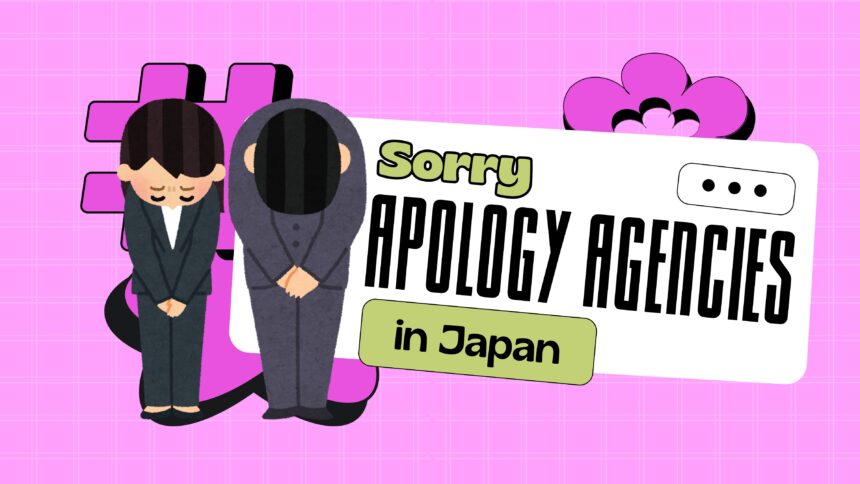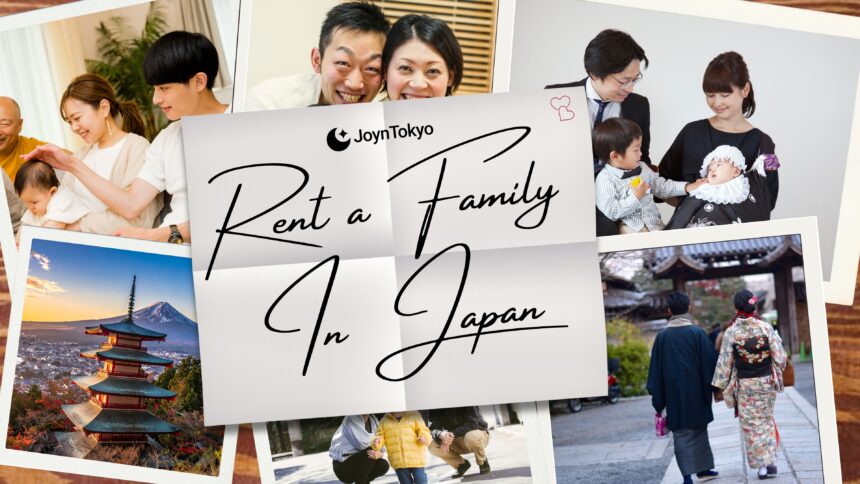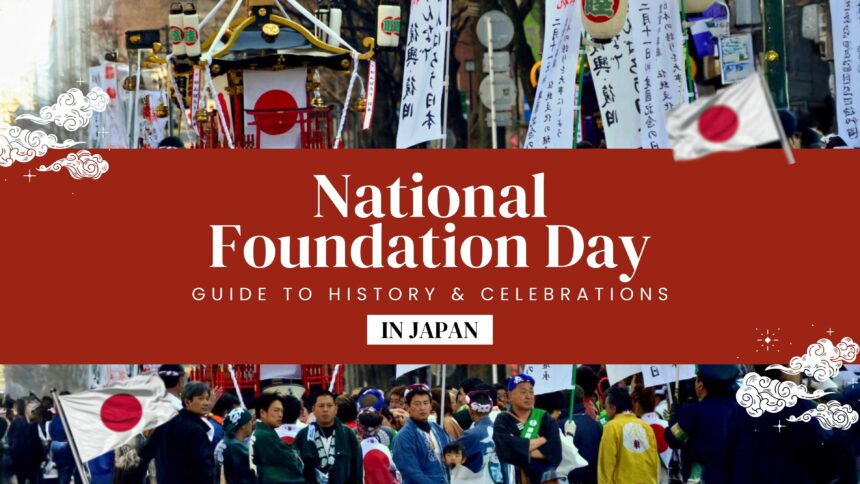They turn heads on screen, in cafés, and even at train stations: they are the effortlessly cool guys that the Japanese call ikemen. It’s one of those words that seem simple at first glance, but it carries a lot more depth than “handsome.” Yes, ikemen can mean a good-looking guy, but it also captures something subtler like the feeling someone gives off, such as their aura, charm, or style.
Let’s break down what ikemen really means, where it came from, and how Japanese people actually use it in everyday life.
The Origin of Ikemen
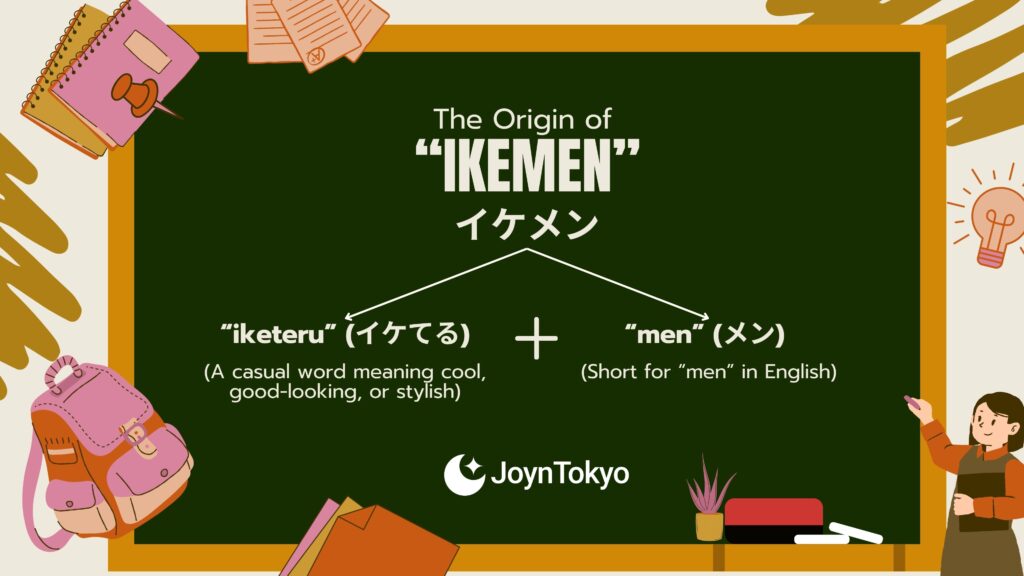
The word ikemen (イケメン) is a portmanteau of two parts:
- “iketeru” (イケてる) — a casual word meaning cool, good-looking, or stylish
- “men” (メン) — short for “men” in English, but also a play on the Japanese “men” meaning face
Put together, it literally means something like “cool-faced guy.” It first became popular in the late 1990s and early 2000s, when magazines and dramas began celebrating male celebrities who embodied a softer, more fashionable kind of masculinity.
This was the start of the ikemen boom, a cultural wave that celebrated men who were clean-cut, kind, stylish, and emotionally aware. Think of early Takuya Kimura or the boyband idols of Johnny’s Entertainment: they were effortlessly cool and a little mysterious.
What Makes Someone “Ikemen”?
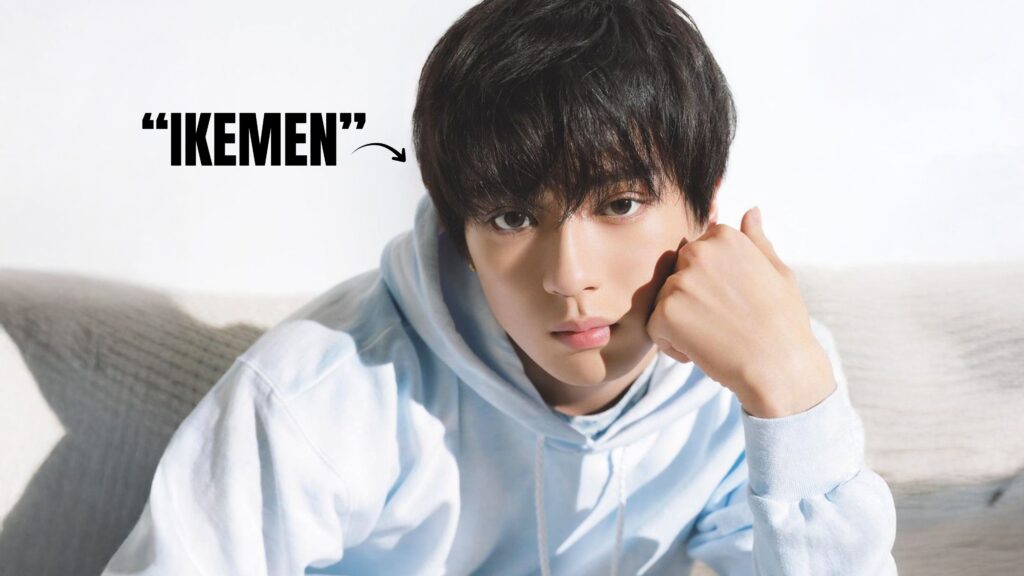
Being ikemen is about more than just looks, it’s about presence. An ikemen might have a nice face, but what people often notice first is how he carries himself: the quiet confidence, the neat clothes, the calm way he talks or listens.
Here’s what usually defines an ikemen:
- Stylish: dresses well, knows what suits him
- Clean and confident: takes care of his appearance without being flashy
- Gentle energy: kind, attentive, or softly spoken
- Balanced aura: composed but charismatic, cool but approachable
- Low voice: often speaks with a calm, steady tone that adds quiet confidence and depth
It’s less about muscles or loud charm and more about vibe. That guy who walks past you at the train station in a nice coat, nice shoes, and an easy smile? That’s ikemen. The actor who never raises his voice but steals every scene with quiet intensity? Also ikemen.
Sometimes people even say “雰囲気イケメン” (fun’iki ikemen) — meaning “atmospheric ikemen,” but “ikemen vibes” might be a better translation. This refers to someone whose aura or overall vibe makes them attractive, even if they’re not conventionally handsome. It’s all about presence and style.
Start Your Own Japan Journey With Expert Guidance
Most people never make it to Japan because the start is confusing and tiring. Wrong visa route. Underestimated budget. Months lost to confusion.
Get personalized support for your new life in Japan.
Book Your FREE Consultation✓ 500+ Bookings ✓ English-speaking Relocation Support Experts
Everyday Examples
Here’s how ikemen actually comes up in daily life — from real admiration to casual teasing.
1. Complimenting a Friend or Celebrity

Kare, ikemen da yo ne. 「彼、イケメンだよね。」– “He’s good-looking, isn’t he?”
This one’s neutral and positive. You might say it about a friend’s boyfriend, an actor in a drama, or someone on Instagram.
It’s friendly admiration: not over-the-top, but appreciative.
2. When the Vibe Feels Right

Kao wa futsū dakedo, fun’iki ikemen! 「顔は普通だけど、雰囲気イケメン!」- “His face is average, but his vibe is totally ikemen!”
This is so common in Japan.
It means someone might not have movie-star features, but the way he dresses, moves, or carries himself makes him attractive. It’s a reminder that ikemen is as much about aura as it is about looks.
3. When Fashion or Behaviour Feels “Ikemen-like”

Ano hito no fukusō, ikemen ppoi. 「あの人の服装、イケメンっぽい。」– “His outfit looks very ikemen-like.”
Here, ikemen turns into a kind of aesthetic.
Maybe he’s wearing a long coat, subtle cologne, or has that tidy “Tokyo street style” look. It’s not just about appearance — it’s a style category you can embody.
4. When Someone’s Personality Matches Their Looks

Mitame mo nakami mo ikemen. 「見た目も中身もイケメン。」– “He’s an ikemen inside and out.”
This is the ultimate compliment.
It means not only is the person attractive, but also kind, humble, and considerate — the total package. You’ll often hear it used when someone does something thoughtful or selfless, just like how people in western countries say he’s boyfriend material.
5. Joking or Playful Teasing

Jibun de ikemen da to omotteru desho~? 「自分でイケメンだと思ってるでしょ〜?」– “You totally think you’re an ikemen, don’t you?”
Said jokingly to a friend who’s maybe fixing his hair or posing for photos.
Depending on tone, it can be teasing or affectionate, like saying, “Look at you, Mr. Handsome!”
Ikemen Types in Pop Culture
You’ll see ikemen everywhere in Japan, especially in entertainment, media, and fan culture. It has developed from a simple complement into a fully realized cultural category that influences how men are portrayed in games, music, television, and even everyday situations.
Here’s where the word comes to life most clearly:
Ikemen haiyū (イケメン俳優) — literally “handsome actor.”

This label is used in entertainment industry to describe young male actors who carries the ikemen ideal: calm, charming, and well-dressed. They’re often cast as the “prince” types in romantic dramas or the cool, mysterious leads that viewers fall for.
Ikemen idol (イケメンアイドル) — male pop idols or boy band members.
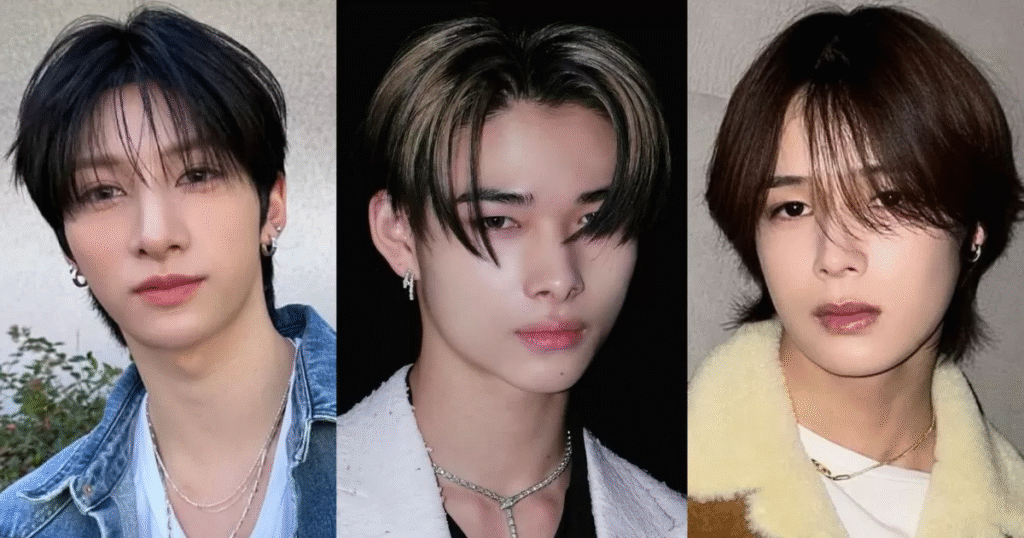
These are the faces of Japan’s modern ikemen culture. Think of groups like Arashi, King & Prince, or even the next generation of J-idols. They represent an approachable kind of beauty but kind, confident and gentle, entertaining fans to feel emotionally connected rather than distant.
Ikemen game (イケメンゲーム) — dating simulation games featuring beautifully drawn male characters.
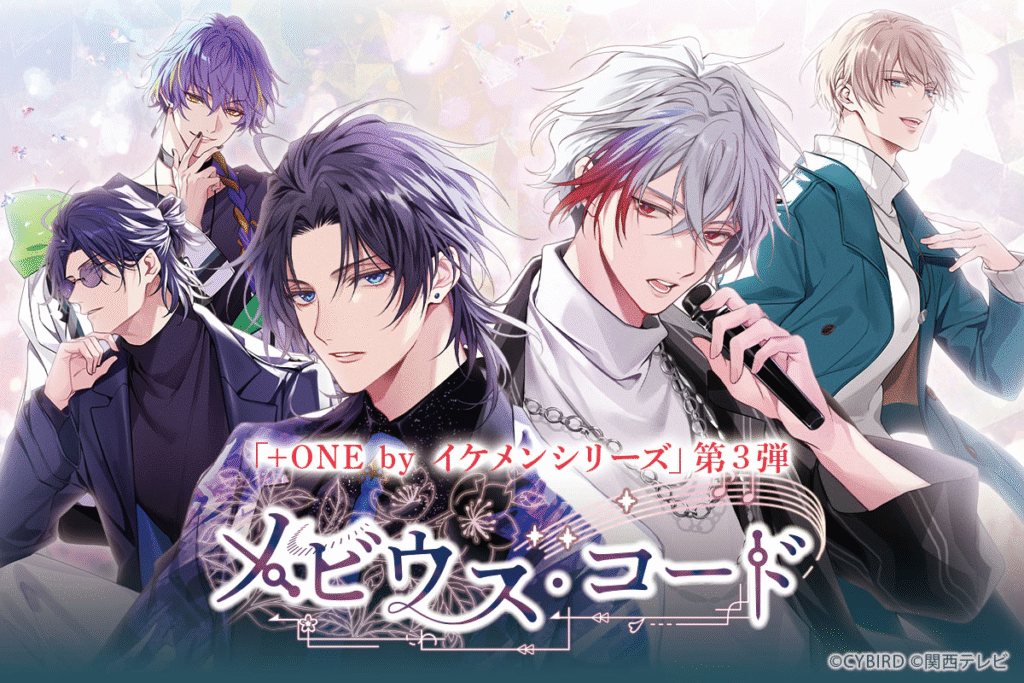
These visual novels let players interact with multiple “ikemen” archetypes, such as the shy intellectual, the confident flirt, or the noble hero. Each one expresses a different kind of fantasy about charm and affection. The popularity of these games shows how ikemen isn’t just visual — it’s emotional storytelling built around personality and connection.
Ikemen café (イケメンカフェ) — themed cafés where the staff play charming, gentlemanly roles.
The idea is simple: every waiter acts like your personal ikemen. They might wear tailored uniforms, speak softly, and treat guests with exaggerated courtesy — like stepping into a live romance drama. It’s playful, escapist, and part of the fun side of ikemen culture.

Beyond these examples, ikemen shows up in fashion magazines, manga, anime, and even advertising. A shampoo ad might feature an ikemen actor brushing his hair in slow motion, or a manga might center on a “high school ikemen” who’s kind to everyone but secretly shy.
In pop culture, ikemen isn’t just an adjective anymore: it’s a genre, an archetype, and a fantasy. It represents the perfect mix of beauty, composure, and emotional intelligence, qualities that make people not only admire ikemen, but also feel chemistry when they see them.
Modern Variations and Evolving Types
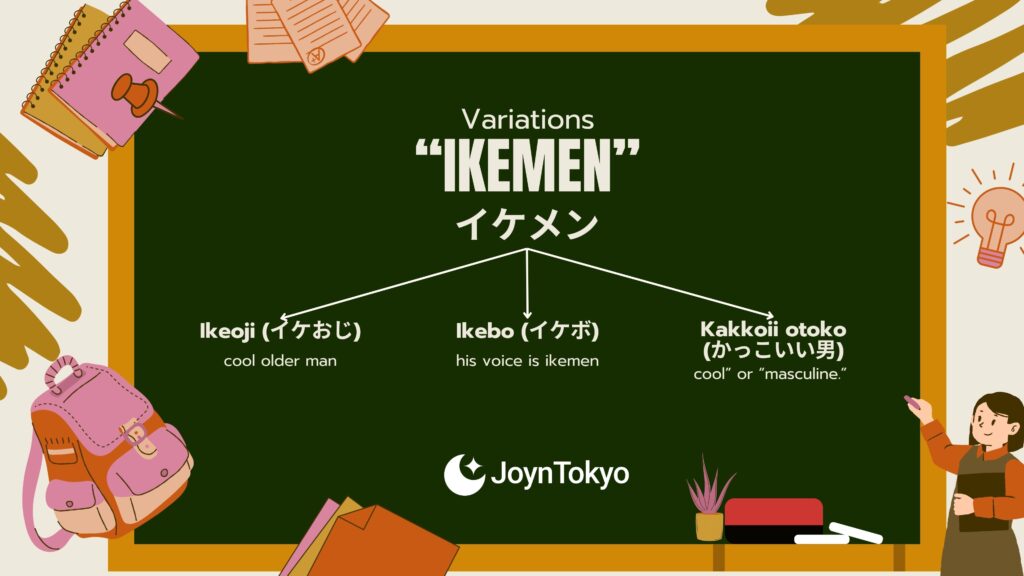
The concept of ikemen has broadened over time. Here are a few fun variations you might hear in 2025:
- Ikeoji (イケおじ) — a “cool older man”; think silver hair, calm charm, and great suits.
- Ikebo (イケボ) — short for ikemen voice, to describe a man whose voice itself sounds attractive like the kind of voice that feels ikemen even before you see his face. You can even say “his voice is ikemen” (kare no koe ga ikemen) to mean the same thing.
- Kakkoii otoko (かっこいい男) — overlaps with ikemen, but leans more on “cool” or “masculine.”
These reflect how Japanese beauty ideals are becoming more inclusive and diverse, celebrating not just youthful beauty, but also maturity, individuality, and charisma.
Why “Ikemen” Still Matters in 2025
Even decades after the original ikemen boom, the word remains one of Japan’s most natural, flattering compliments.
In a culture where people tend to be modest about appearance, calling someone ikemen carries real weight. It’s casual enough to use in conversation, but it still feels genuine and respectful. You can say it to a celebrity, a boyfriend, a classmate, or even a stranger, and it’s instantly understood as a warm, positive comment.
Unlike saying someone is just kakkoii (cool) or suteki (nice), ikemen focuses on an effortless kind of attractiveness: graceful, calm, and quietly confident. They simply have a natural presence that draws people in.
In 2025, the idea of ikemen has expanded even further. It’s no longer limited to movie stars or pop idols. Office workers, artists, café baristas, anyone who brings out quiet confidence, kindness, and style can be seen as ikemen. It’s an inclusive compliment that fits modern Japan’s evolving sense of beauty and individuality.
So when someone says, “He’s an ikemen,” they’re not just saying he looks good.
They’re saying: He’s got presence. He’s got style. He makes you feel something.
And that kind of charm — quiet, refined, and unforgettable — will always be in style.


